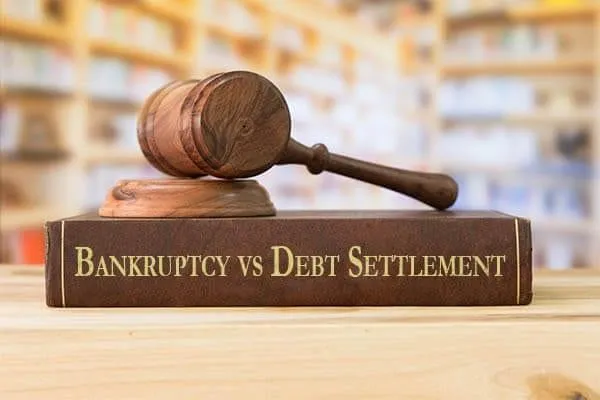
The Dangers of Filing Bankruptcy
Bankruptcy is a legal process through which individuals and businesses can have their debts discharged or reorganized, depending on the type of bankruptcy they file. While it may seem like a solution to a financial crisis, there are several dangers that individuals and businesses need to be aware of when considering filing for bankruptcy.
Damage to credit score: Bankruptcy stays on an individual's credit report for up to 10 years, making it difficult for them to obtain credit in the future. This can result in higher interest rates on loans, difficulty in obtaining rental housing, and even the inability to secure a job.
Loss of assets: In some cases, individuals may be required to liquidate assets in order to pay off creditors. This can include the sale of property, cars, and other personal belongings.
Stigma: Filing for bankruptcy carries a negative stigma in society and can affect an individual's personal and professional relationships. This can result in feelings of shame and embarrassment, and can impact one's self-esteem and self-worth.
Lengthy and complex process: Bankruptcy can be a complex and lengthy process, requiring individuals to navigate the legal system and provide extensive documentation. This can be a time-consuming and stressful experience, and can also result in legal fees and court costs.
Potential for fraud: There are many scams and fraudulent activities associated with bankruptcy, including the use of fake or misleading bankruptcy documents, false claims, and hidden assets.
Limited relief: Bankruptcy may not provide complete relief from debt, as certain debts, such as student loans, child support, and some taxes, may not be dischargeable through bankruptcy.
While bankruptcy may seem like a solution to financial problems, it is important to be aware of the potential dangers and to consider alternative options before making the decision to file. These alternatives may include credit counseling, debt management plans, and negotiating with creditors. It is also recommended to consult with a financial advisor or bankruptcy attorney to determine the best course of action.

© Copyright 2023. Elevare Debt Solutions, LLC. All rights reserved.